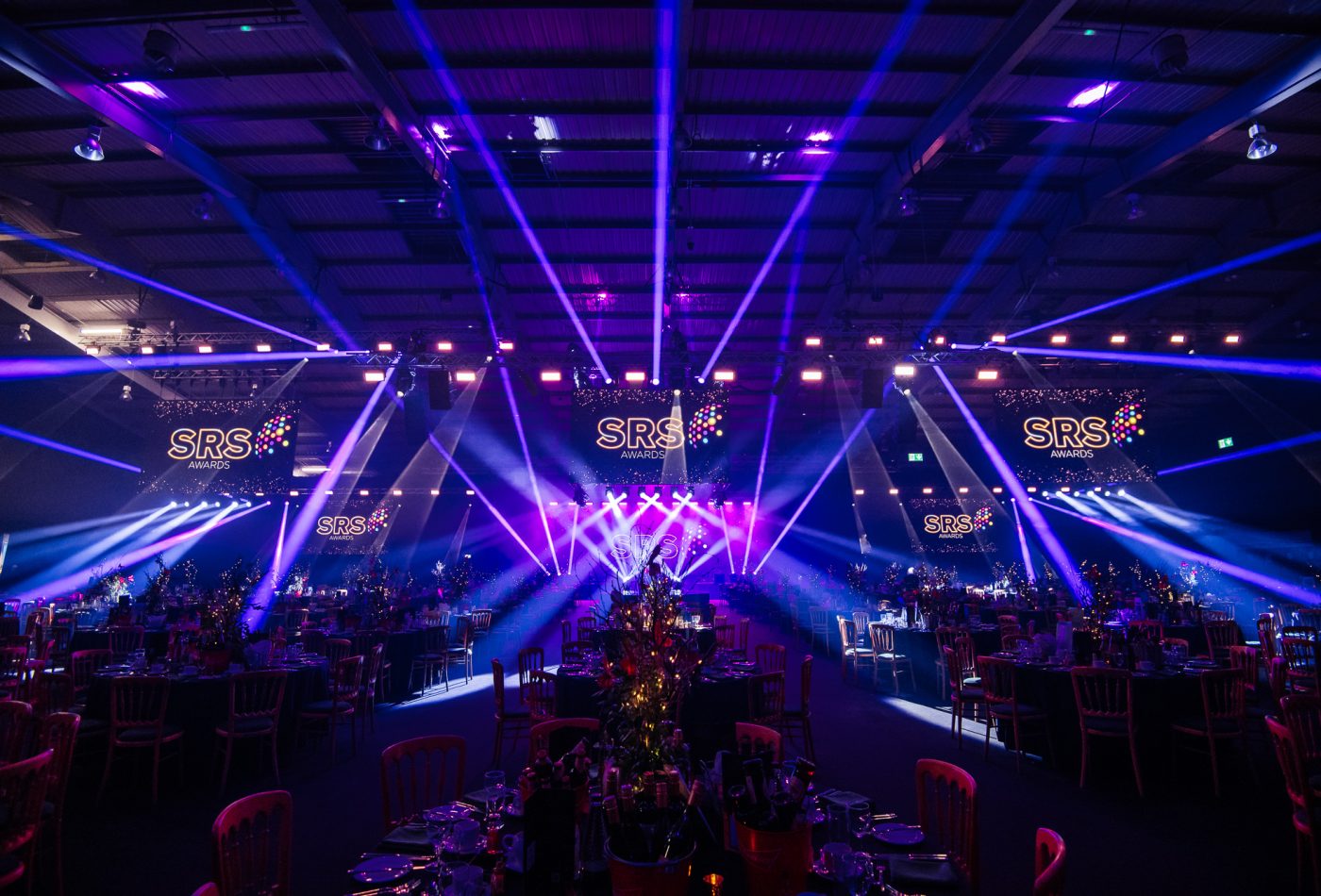Recognizing the Value of Occasions Monitoring in the Production Industry
The relevance of events administration within the manufacturing industry can not be overstated, as it serves as a crucial element in bridging the gap between imaginative vision and reliable implementation. By emphasizing logistical coordination, spending plan adherence, and stakeholder communication, successful occasions can raise brand interaction and functional performance.
Duty of Events Management
Occasions administration plays a critical function in the manufacturing industry, acting as the bridge between innovative concepts and substantial end results. It incorporates a vast array of duties, consisting of preparation, implementing, and evaluating various events, which are vital for showcasing productions, involving audiences, and fostering cooperation amongst stakeholders.
Among the important functions of occasions monitoring is logistical coordination. This involves safeguarding places, setting up tools, and handling timelines to ensure that every information aligns with the overarching vision of the production. In addition, occasions supervisors are entrusted with budgeting and resource allocation, which requires a keen understanding of economic constraints and the ability to make the most of worth.
Additionally, reliable communication and stakeholder management are essential elements of events monitoring. Experts in this field must liaise with a diverse set of people, including artists, sponsors, and vendors, to develop a cohesive experience. They likewise play a crucial duty in advertising and marketing and promotion, making use of numerous networks to generate interest and presence.

Advantages for Production Business
An effective events administration technique can generate significant benefits for manufacturing business, boosting their total operational effectiveness and market visibility. By improving the preparation and execution of occasions, manufacturing business can allocate resources better, lowering prices related to mismanagement or last-minute modifications. This efficiency not just saves cash however additionally permits teams to concentrate on their core competencies, ultimately resulting in higher-quality results.
Furthermore, well-executed occasions can function as effective advertising devices, raising brand name presence and fostering stronger partnerships with clients, stakeholders, and the public. Involving occasions produce possibilities for networking and collaboration, which can cause new collaborations or tasks that magnify a business's reach within the sector.
In addition, events can give beneficial understandings with audience comments and interaction metrics, allowing production business to refine their techniques and offerings. This data-driven method can bring about more targeted marketing efforts and improved customer satisfaction.
Trick Aspects of Successful Events
Effective occasions pivot on a number of crucial elements that add to their overall influence and efficiency. Primarily, clear purposes are necessary; recognizing the objective of the occasion enables focused planning and execution. This entails determining the target audience and tailoring the occasion's material and activities to fulfill their demands.
Furthermore, careful planning is vital. This consists of establishing a thorough timeline, designating duties and duties, and handling budget plans efficiently. Interest to logistics, such as place option, equipment rentals, and catering solutions, can not be forgotten, as they directly influence the event's success.
Another vital element is reliable interaction. This incorporates not just internal control among team members however likewise outside messaging to stakeholders and guests, making sure every person is informed and involved.
Obstacles in Event Control
Working with an event provides an unique collection of difficulties that can influence its overall success. Among one of the most considerable difficulties is handling time efficiently. Occasions typically have tight schedules, and any type of hold-up can cause a cascading effect on succeeding tasks, diminishing the experience for participants. Furthermore, logistical intricacies such as location selection, transport, and devices rentals call for precise preparation and sychronisation.

Budget plan constraints additionally present a substantial challenge. Event coordinators must browse financial limitations while striving to fulfill the expectations of stakeholders, which frequently requires imaginative remedies to maximize resources. In addition, article stakeholder administration can be particularly complex, as differing rate of interests among enrollers, vendors, and clients have to be integrated to attain a cohesive vision.

Future Trends in Events Monitoring
Increasingly, the occasions monitoring sector is accepting technical improvements that are reshaping the way occasions are intended and carried out. One considerable trend is the rise of online and hybrid events, which provide higher availability and adaptability for attendees (production companies in charlotte nc). This change allows organizers to reach broader target markets while minimizing logistical costs related to traditional in-person celebrations
Another trend is the integration of information analytics tools to improve occasion experiences. By gathering and assessing about his guest data, event managers can customize experiences to better meet audience choices and boost engagement. This data-driven technique not only enhances participant complete satisfaction yet likewise provides beneficial insights for future occasions.
Sustainability is also ending up being a centerpiece in events administration, with companies prioritizing environmentally friendly practices such as decreasing waste and carbon footprints. This pattern straightens with more comprehensive social changes in the direction of environmental awareness, interesting a group progressively worried regarding sustainability.
Last but not least, using immersive innovations, such as enhanced reality (AR) and virtual reality (VIRTUAL REALITY), is readied to transform event experiences, producing appealing and interactive atmospheres that leave enduring perceptions on guests. As these patterns continue to evolve, they will most certainly shape the future landscape of occasions management in the manufacturing market.
Conclusion
In conclusion, effective events administration is essential for the manufacturing sector, bridging the gap in between creative ideas and their implementation. By improving logistical sychronisation, enhancing resource appropriation, and promoting stakeholder interaction, occasions monitoring adds significantly to operational effectiveness and target market interaction. Attending to the challenges of control while adapting to future fads will certainly even more solidify its duty in driving successful outcomes and boosting consumer complete satisfaction. Eventually, a strategic method to occasions management is vital for continual market development.